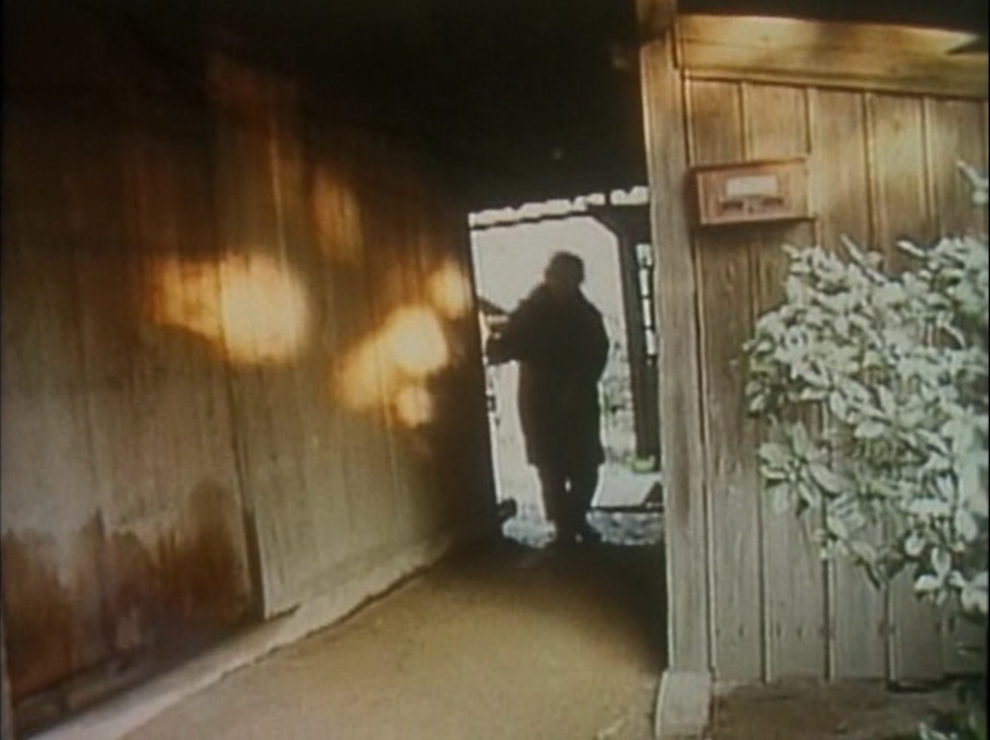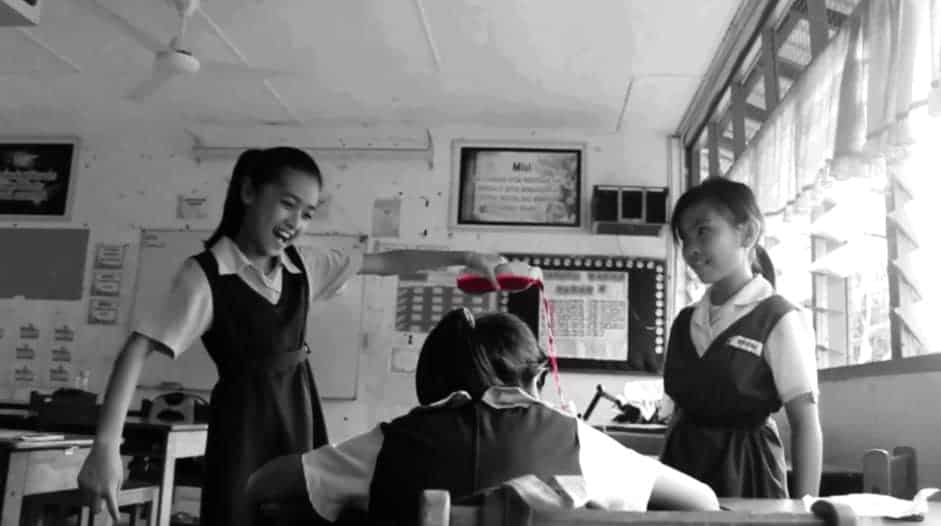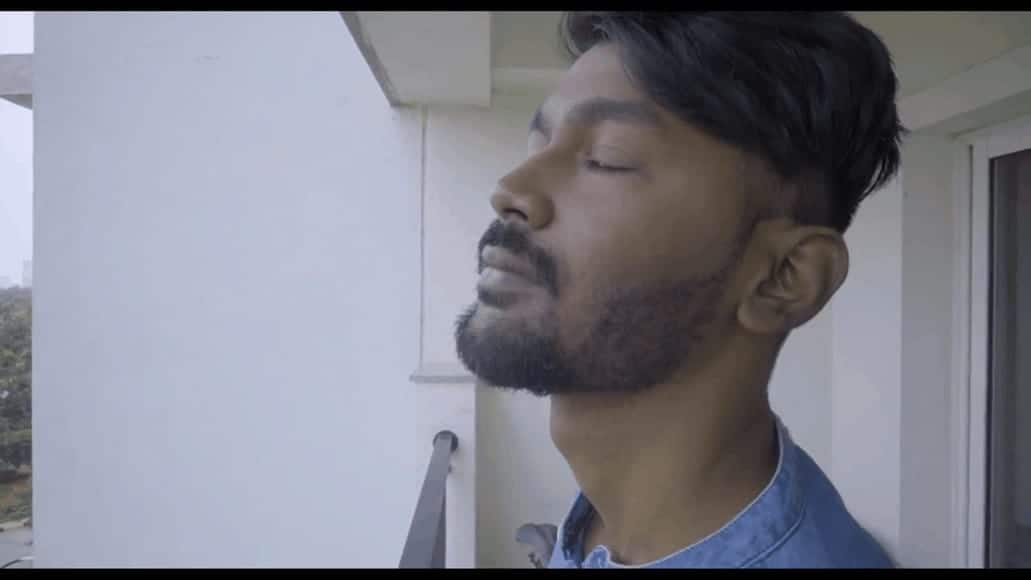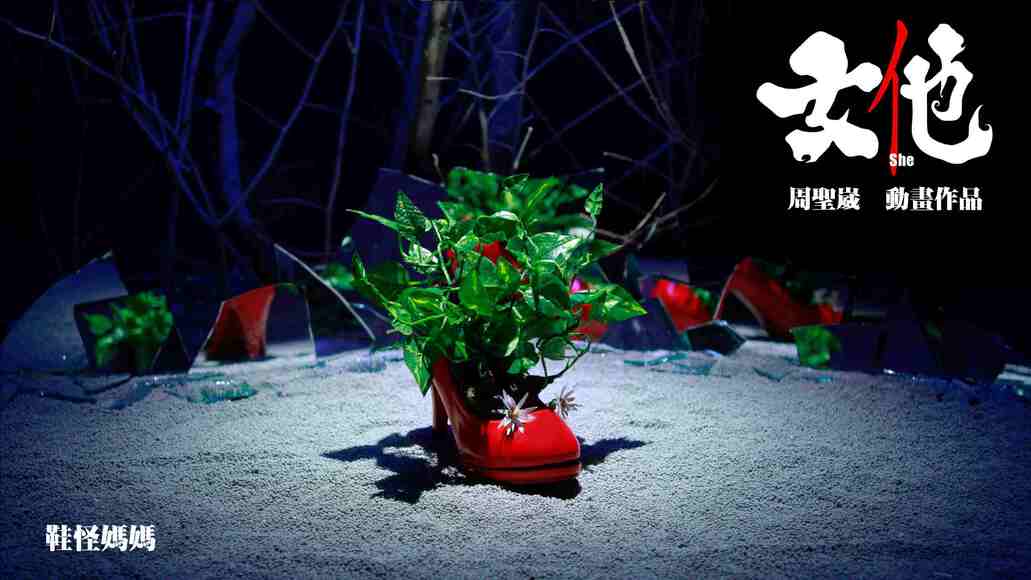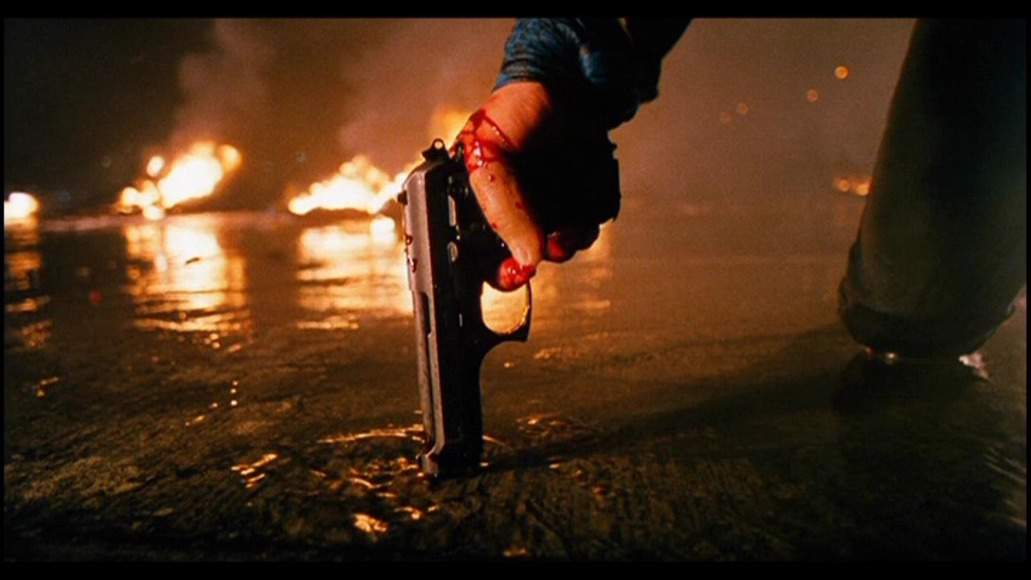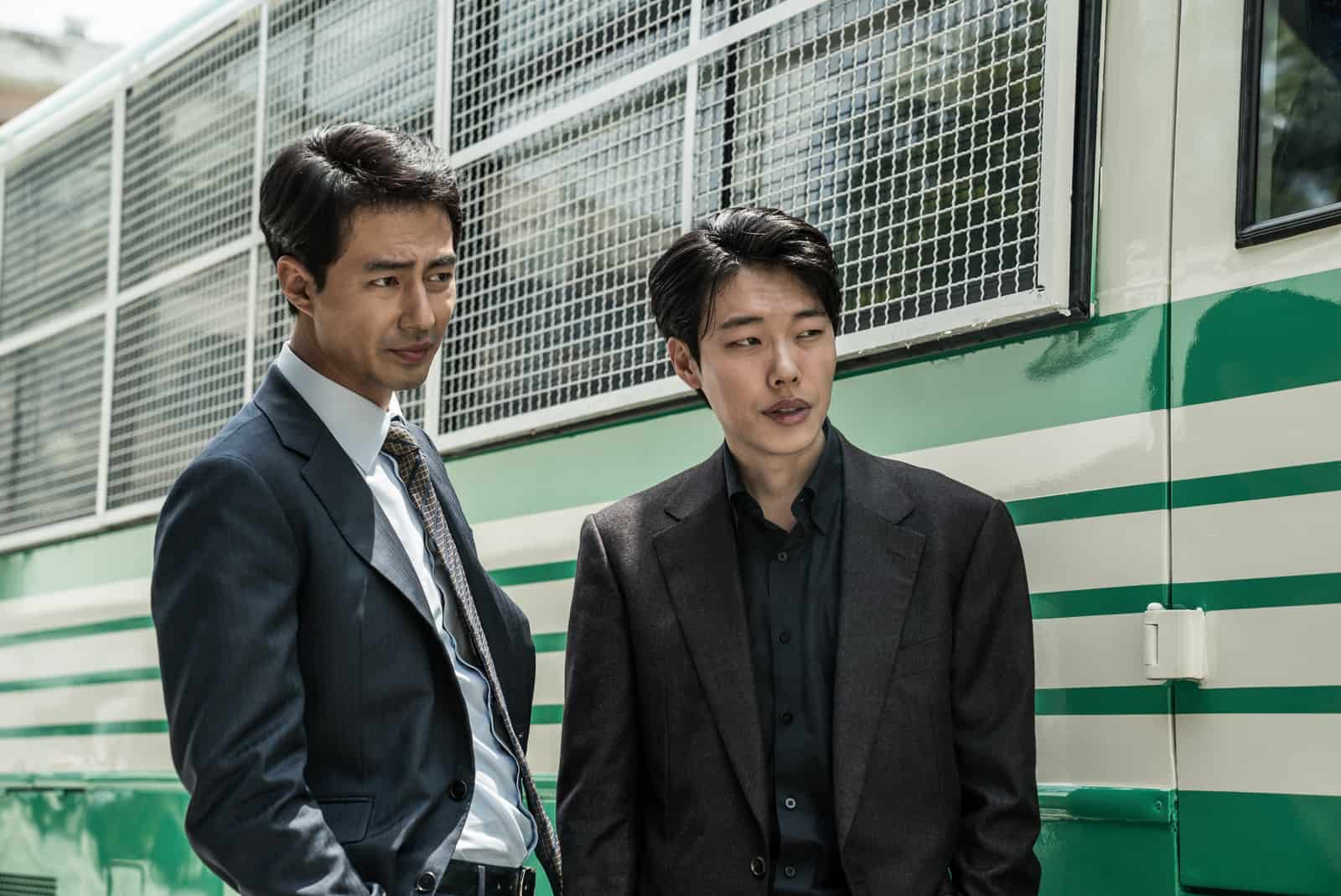One of the most common phrases associated with old age, is that it is the time of great wisdom, which comes with life experience and a general knowledge of the world, accumulated over the years of one's life. This is why we always turn to our elders when we seek advice or need help making the right decision, even though it is sometimes best to just observe your own life to find a solution, which is ironically the kind of solution one is presented with. However, while we are certainly quick to make adjustments in our daily routines, it is difficult for us to really observe, as Japanese director Naomi Kawase pointed out in an interview from 1999, which is one of the reasons observation of people, places and time, and how they are combined is at the core of her work. This is true for her feature films, but also her documentaries such as “The Weald” which is about six elderly people living in the Yoshino mountains in the Nara prefecture.
“The Weald” is screening for free at DAFilms as part of the “Made in Japan, Yamagata 1989 – 2021” program
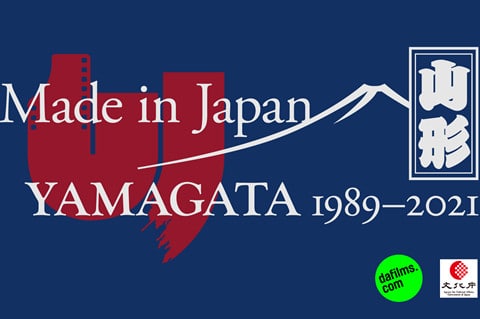
During the course of the 73 minutes of the documentary, the viewer is introduced to the six people, their community and their daily routines. Their conversations touch upon various subjects, ranging from old age in general, their families, loss and also their isolation, and how they feel about it. Apart from these exchanges, the camera also observes their rituals, such as a small get-together at a house, with dancing and singing, as well as their daily work in the fields or their makeshift workshops. Additionally, the camera shows the at times beautiful, but also quite lonely landscape, its rough climate, woods and the mountains.
As with many of her other features, Kawase seems to be driven by her fascination for the people and their world. In her director's statement she describes her fascination with “somaudo monogatari”, which is the Japanese title of the documentary, and includes the characters for “tree” and “mountain”, but can also be associated with “hermit”. While the idea of isolation certainly evokes negative connotations, the same cannot be said for the way the people in “The Weald” deal with their situation. In general, Kawase shows them as being at peace with themselves, their surroundings and their situation, even though some of the stories they tell, especially about their families, are quite emotional and sad.
Nevertheless, Kawase's camera captures their way of finding some kind of balance in their lives. Aside from the aforementioned stories and the people's statements, this idea is also reflected in the visuals, a blend of 16mm and 8mm film, presenting the kind of equilibrium some of them have achieved for themselves, and some still seem to strive for. At the same time, the washed-out style carries a distinct nostalgic tone, as if emphasizing the fleeting quality of the moment we witness.
In conclusion, “The Weald” is a thoughtful documentary about isolation, community and being at peace with yourself. Naomi Kawase proves her talent for observation, of how people, places and stories are connected with one another, making her documentary an interesting, and at times quite touching film.


